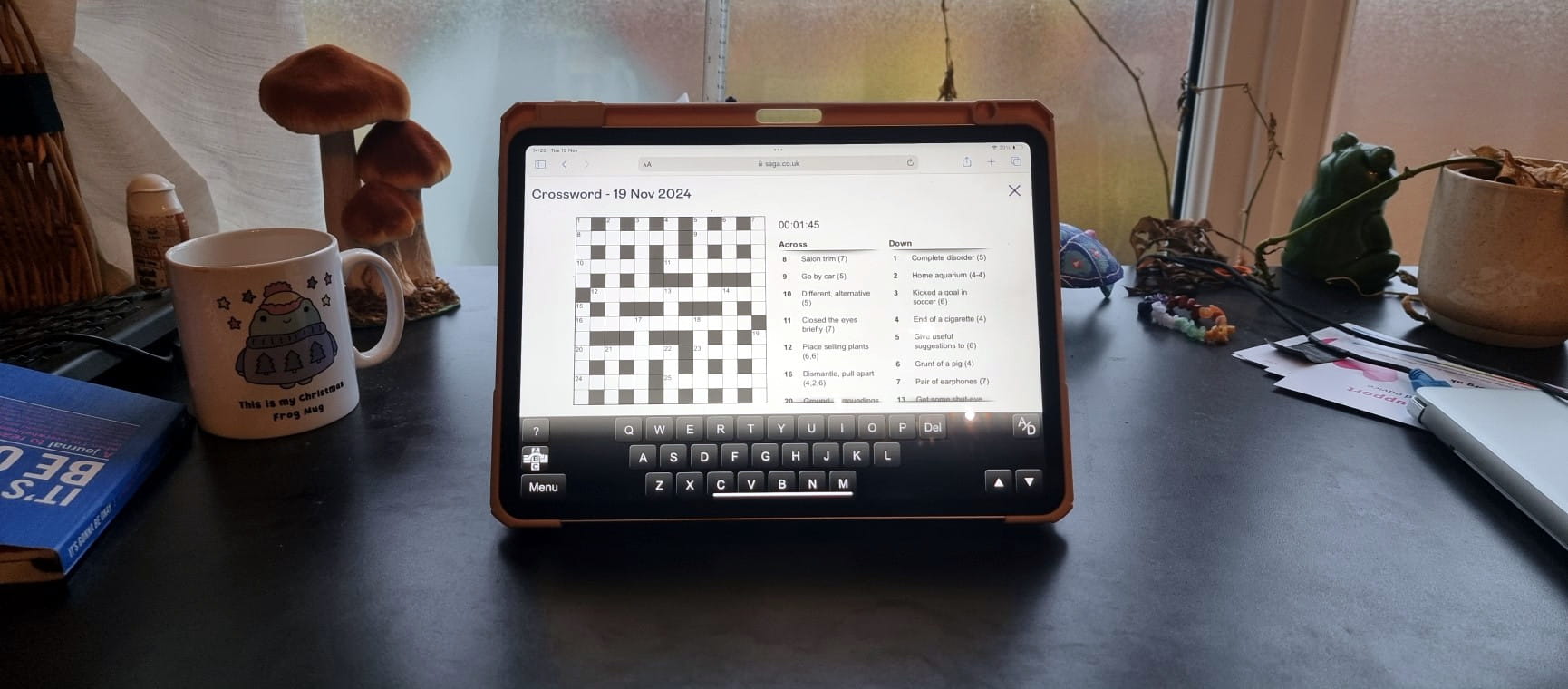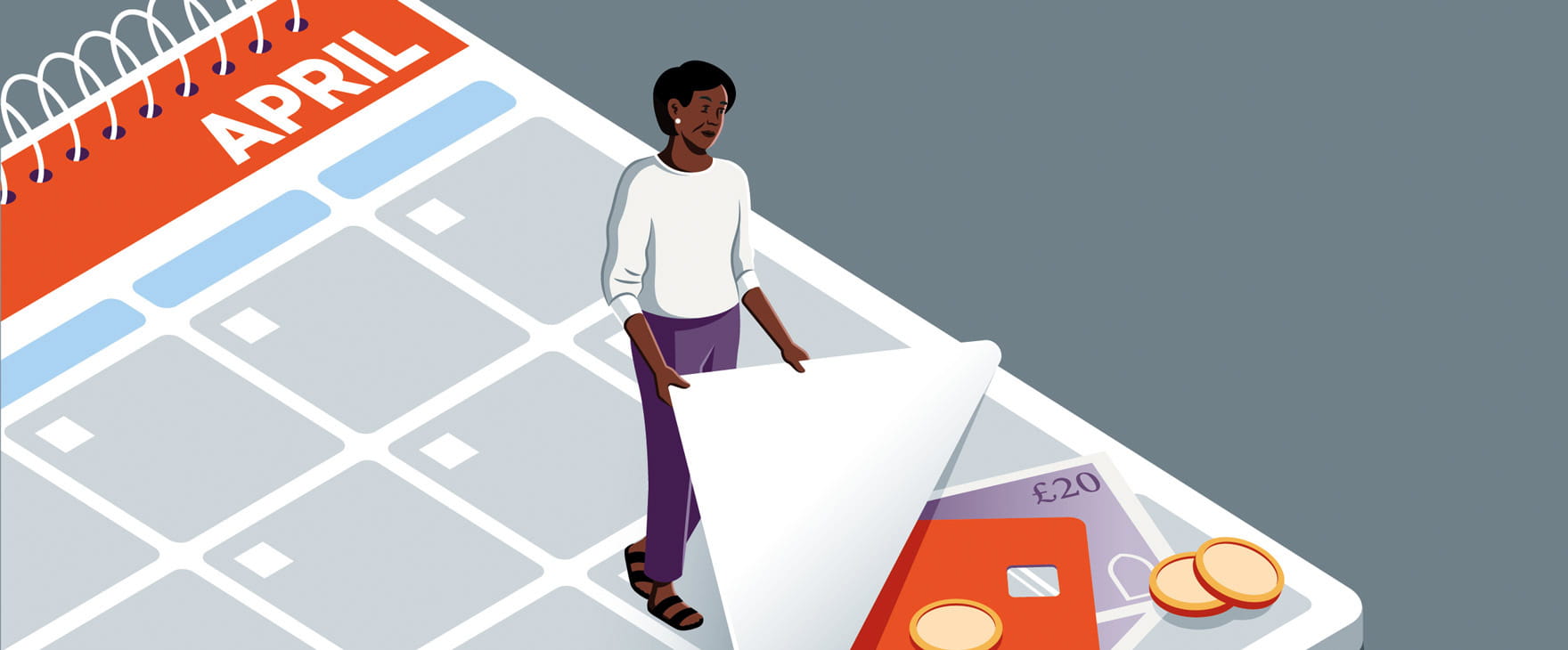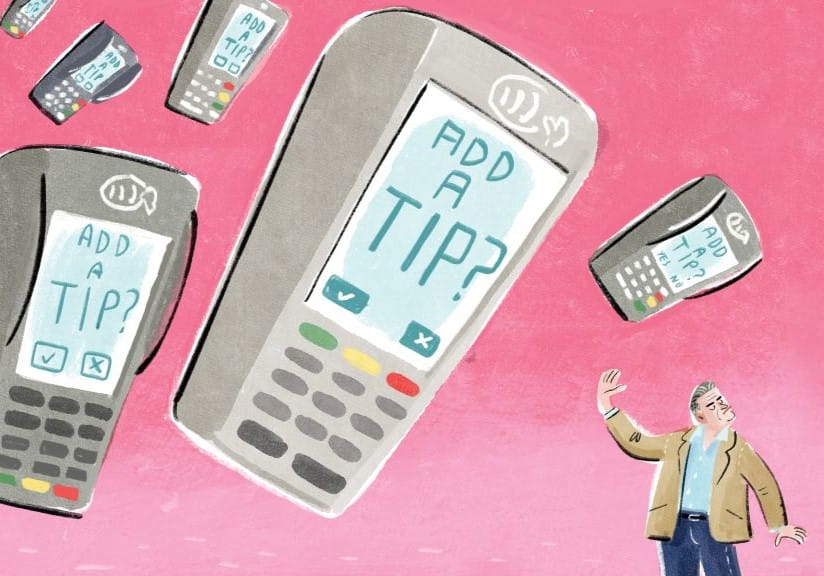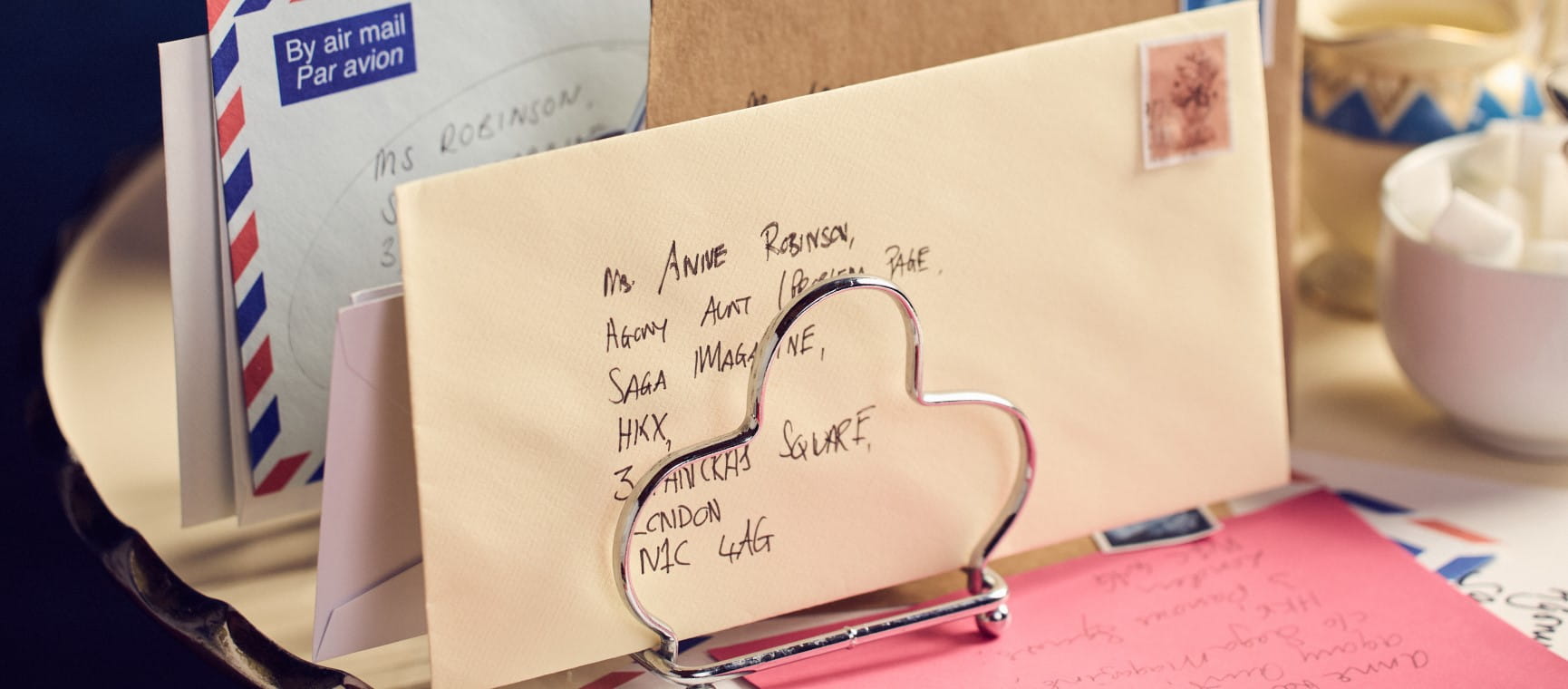Paul Lewis on the hidden cost of a cashless society
As the use of contactless soars, our columnist asks what can be done to prevent discrimination against those still wanting to use cash.

As the use of contactless soars, our columnist asks what can be done to prevent discrimination against those still wanting to use cash.

When Isaac Newton had finished explaining how gravity and light worked, he turned his genius to a more mundane problem – stopping thieves from clipping the edges off silver and gold coins, collecting the scraps, and melting them down to make fake money.
A plausible estimate is that crooks took 2% to 5% off the coin each time, leaving some older coins with a third of their metal gone.
Newton was made Master of the Royal Mint to end this debasement and in 1696 he organised the Great Recoinage, collecting all silver and gold coins and reissuing them with milling round the edges – ridges you can still see around 5p and 10p pieces.
That at least made clipping more obvious. Newton also pursued the clippers relentlessly and in 1699 the most notorious and well connected of them, William Chaloner, was hanged, drawn, and quartered at Tyburn, near today’s Marble Arch.
The clippers had grown wealthy by paying merchants and innkeepers to hand over the daily takings so they could slice off a small percentage of every coin before returning them to the shopkeepers.
More than three centuries later, the coin clippers are back, taking a small percentage of every retail sale made using plastic.
In the 12 months to June this year, we spent almost £1 trillion in the UK using debit and credit cards. And every pound we spend that way has a small fraction clipped off by the banks and intermediaries.
The amount taken is remarkably similar – 2% to 5% is sliced off everything we spend in shops, pubs, garages and online using our plastic cards. Even at its lowest, 2% off £1 trillion is worth £20 billion a year to the banks and their intermediaries.
And no one is hanged! So no wonder the banks want us all to spend money with cards rather than cash.
Their campaign is working. Dozens of shops, cafés, petrol stations, and even football stadiums have put up ‘cards only’ signs, leaving customers who want to pay in cash to go elsewhere. Retailers no longer need to keep, count, guard, insure and bank cash.
Customers can pay more quickly, so queues are shorter and they tend to spend more when they can do it with plastic.
Scrapping the £100 contactless limit will make spending more even easier. And the banks and intermediaries that clip a small percentage off every sale are very happy with their new and growing source of income.
Using cash fell from 52% of payments in 2013 to just 12% in 2023. Today, it is less than 10%.
However, the move from cash can have bad outcomes for people on limited incomes. A debit card does not indicate how much money is left in your bank account.
The first you may know of running out is when the card is refused. And even that will often not happen until after you have gone overdrawn and been charged high rates of interest on the debt.
If you have your bank accounts on your mobile phone you can see your balance whenever you ask, but Age UK estimates that more than four million people over 65 do not have a smartphone. And many people who do are reluctant to trust a mobile with their banking details.

Unlike plastic, cash imposes its own control on what you spend. The days of being paid in cash and setting aside so much for rent, electricity and food are long gone. But people on limited incomes do still take out a certain sum each week – perhaps on the day their state pension arrives – and know they can only spend that much before the next payment arrives.
Unlike plastic cards, cash always shows how much money you have left – and when it’s gone it’s gone!
Research by the Financial Conduct Authority (FCA) found that around one in 16 adults used cash almost exclusively to pay for things. That’s more than three million people who are excluded from the growing number of shops and cafés that say, “no cash here”.
Almost all the payments we receive now, such as pensions, wages, state benefits and interest, come directly into our bank accounts, but the banks have made it more difficult to take that money out as cash.
Consumer organisation Which? found that more than 6,300 bank branches have closed in the past ten years. That makes it harder for us to get hold of cash and, of course, more difficult for small businesses to deposit their takings.
No wonder some of them give up on it.
The last government was so troubled by this trend that it gave the FCA the task of protecting access to cash. Since September 2024, new rules mean that the major high street banks and Nationwide – the largest building society – must protect the right of their customers to get hold of cash without paying for taking their money out.
That should mean fewer branch closures, but so far the pace has not slowed. Instead, banks are cooperating in a small but growing number of banking hubs. They have one shopfront shared by major bank brands so people and small businesses can take out and pay in cash.
But there is little point in having a right to take out cash if there is no corresponding right to spend it.
Parliament’s Treasury Committee warned earlier this year that the decline of cash acceptance risked “partial exclusion from society” of “vulnerable minorities including people in poverty”.
So is it time for the UK to have a new law that guarantees the right to spend cash as well as access it, as some countries do, including Belgium, France, Spain and China?
That would end the growing discrimination by retailers against customers who want to use cash to manage their personal finances.
Read more from the experts at Saga Money about the surprising return of cash as well as whether you could get a share of compensation over past Mastercard fees that were charged on credit and debit card transactions.
(Hero image credit: Eliot Wyatt)
Paul Lewis is a prize-winning financial journalist and presenter of Money Box on Radio 4. He also writes extensively on personal finance and money matters for Saga Magazine, the Financial Times, Money Marketing and a wide variety of other publications.
Paul is the author of numerous books including Beat the Bank, Pay Less Tax and Money Magic. He has won a lifetime achievement award from the Association of British Insurers, and been named Consumer Pension and Investment Journalist of the Year.
View author page

We're here to help you make the most with your money. With a rage of financial services designed with over 50s in mind.

Your chance to win a 14-day tour around the Rockies and Vancouver for two, worth more than £8,800.
T&C’s apply.

The ultimate guide to Saga Puzzles, full of technical tips, tricks and hints.

With the start of the new financial year on 6 April, our money expert explains the changes to your pension, benefits and taxes.





